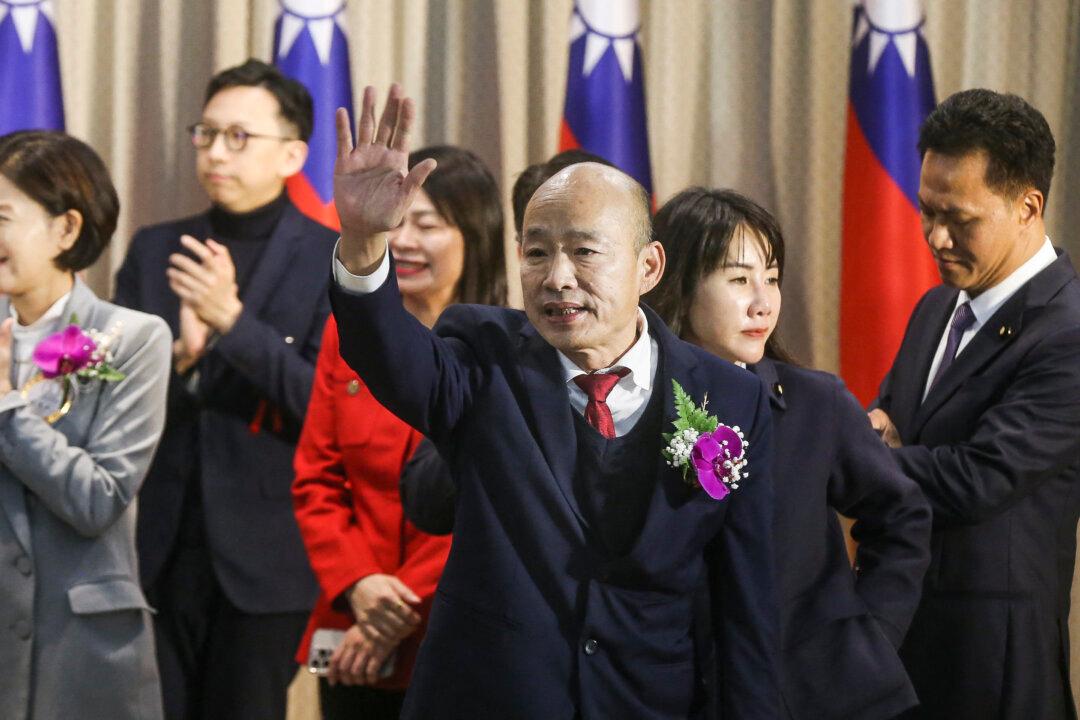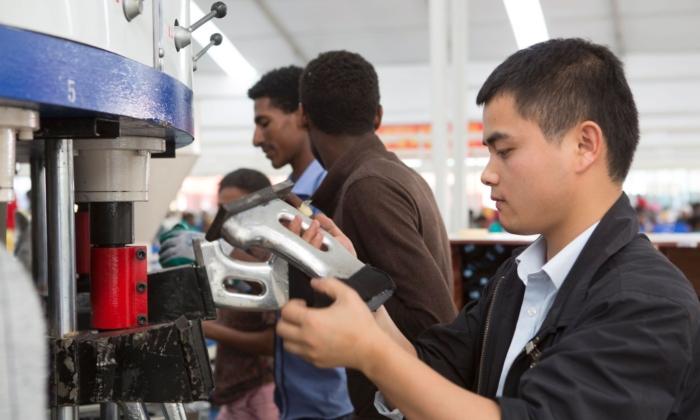Following the CCP’s lockdown of Shanghai, residents looked for ways to safely build consensus around people’s despair and dislike of China’s zero-COVID policy. To express their concerns without fear of censorship on China’s internet, the residents coined the term Run Xue. This term combines the English word run with the Chinese word Xue which means knowledge or wisdom. Run Xue’s hidden meaning suggests if you have the means to run or emigrate from China, you would be wise to do so.
The operation’s reference to the uncommon mongoose was somewhat strategic since this animal is known to be a natural enemy of snakes. Mongoose Hunt is a metaphor for how the CCP combats illegal entry and exit activities arranged by so-called Snakehead Organizations. These are gangs the CCP hunts to prevent their smuggling of people out of China.
More Controls to Restrict Emigration
Recently, Chinese citizens have disclosed online and to the foreign media how authorities destroyed their passports and foreign permanent residence cards. This occurred when people attempted to leave China via airports in Shanghai, Guangzhou, and Dalian.As these reports began to surface, internet censors promptly removed them and the CCP’s official media began to squash such “rumors.” The official news included statements from airport staff and immigration officials denying there was an effort to block people from leaving China.
The CCP’s intense efforts to manipulate the news, dispel rumors, and silence people on the internet, combined with a new policy requiring Chinese citizens to “not leave the country unless necessary,” have not deterred people from wanting to move abroad. Instead, the Run Xue undercurrent in China has opened people’s eyes so they now feel the chill associated with the imminent closure of the country.
China’s emphasis on “no exit unless necessary” began in July 2021 when the Chinese National Immigration Bureau issued a notice that said, “ordinary passports and other entry/exit documents will not be issued for non-essential and non-emergency reasons.”
An explanation of the terms “non-essential” and “non-emergency” was provided to the U.S. media Radio Free Asia (RFA) by the staff of the Immigration Bureau’s consultation hotline. Non-essential travel includes visits with relatives, which border control officers would “discourage.” Essential or emergency travel was for studying abroad, employment, business, medical treatment, participating in epidemic prevention, or transporting relief supplies for disasters.
Emigration and Epidemic: Used to Strengthen CCP Regime Security and Reduce Basic Freedoms
In April, China’s popular internet platforms revealed an emerging trend among people wanting to emigrate or travel outside the country. Baidu, the Chinese Google-like search engine, reported a 400-times increase in the use of “emigration” as a search keyword. WeChat, a social media app, made this same observation. Tencent, a huge multimedia company said on April 3, the overall search index for emigrants surged to 440 percent and related video sources rose 1,455 percent.Baidu’s data indicates the top searches for emigration occurred in Shanghai, Jiangsu Province, Guangdong Province, and Beijing. In fact, locked down Shanghai topped the list of “emigration” searches for the past two months.
The South China Morning Post recently reported how the profits of an emigration law firm in Beijing had doubled since the end of March. The firm specializes in foreign education and emigration consulting and most clients during this recent spurt were technology professionals, not just wealthy individuals.
The firm’s attorneys indicated its most recent clients were interested in obtaining the U.S. EB-1 visa, which is typically issued to professionals in science, business, sports, and the arts. Prior to April, clients inquired most often about the U.S. EB-5 visa, which is typically used by foreign investors.
China’s public emigration data also suggests the most popular destinations identified by technology professionals were countries known for their advanced technology, including Europe, the United States, and emerging Southeast Asian countries.
This sparked concerns about the draining of China’s talent pool and the potential need for the CCP to tighten border controls.
In addition to emigration, the CCP is equally concerned about China’s drop in foreign exchange reserves. The country’s economic downturn and lack of exports due to epidemic controls have led to a shortage of foreign exchange reserves. Citizens departing China will need to exchange yuan to a large amount of foreign currency. So, by blocking people from leaving China, the authorities greatly reduce the demand for foreign exchange.
Some of China’s commentators have speculated about another fear besides a potential talent “run” and loss of capital. They suggest the totalitarian CCP may use the epidemic to achieve total social control, referring to its regime security considerations.
Wang Longmeng, a French commentator told RFA that the Chinese government has already achieved full social control using the need for “epidemic constraint.”
In the early years, the CCP used national security as an excuse to impose border controls on dissidents. Later, they strictly controlled the issuance of passports to Uyghurs and Tibetans. The net result is that the Chinese people are likely to lose more of their basic freedoms.
According to Wang, “You can imagine where an isolated China that is closed off from the civilized world and cut off from information will go. Either the public will become slaves without ideas, or there will be a massive protest for basic freedoms. ”




